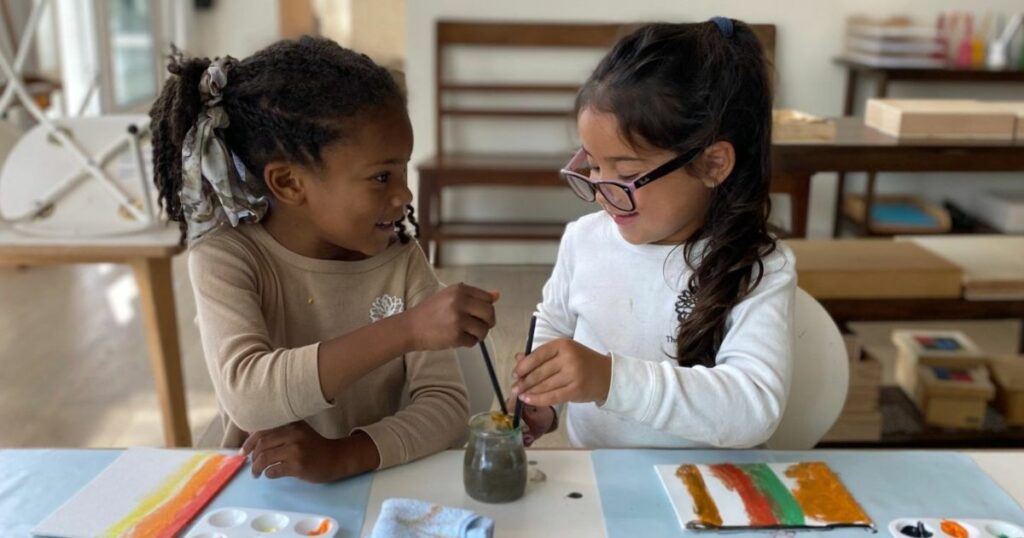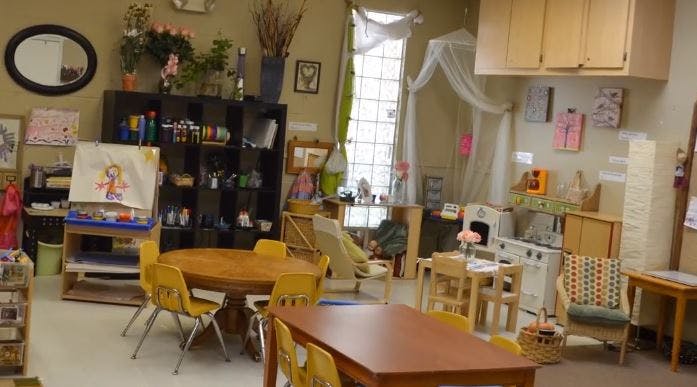Understanding Montessori Education
Before we dive into the role of parents in Montessori education, it is essential to understand what Montessori education is all about. Montessori education is a child-centered approach that emphasizes hands-on learning, self-directed activity, and collaborative play. In a Montessori classroom, children are given the freedom to choose their activities and work at their own pace, while the teacher serves as a guide and facilitator.
The Role of Parents in Montessori Education
Parents are their child’s first teachers and play a crucial role in their education. In Montessori education, parents are encouraged to be active participants in their child’s learning journey. Here are some ways parents can support their child’s education:
Creating a Montessori-Friendly Environment at Home
One of the essential aspects of Montessori education is creating a prepared environment that fosters learning. As a parent, you can create a Montessori-friendly environment at home by providing your child with age-appropriate materials, arranging them in an orderly and accessible manner, and promoting independence and responsibility.
Observing and Supporting your Child’s Interests
In Montessori education, children are encouraged to follow their interests and explore the world around them. As a parent, you can observe your child’s interests and provide them with opportunities to explore and learn. For example, if your child shows an interest in animals, you can take them to the zoo, read books about animals, and encourage them to create their own animal-themed projects.
Encouraging Independence and Responsibility
Montessori education emphasizes the importance of independence and responsibility. As a parent, you can encourage your child to be independent by allowing them to make choices, such as what to wear or what activities to do. You can also encourage responsibility by involving your child in household chores and teaching them practical life skills.
Communicating with your Child’s Teacher
Communication between parents and teachers is essential in Montessori education. As a parent, you should establish a positive and open relationship with your child’s teacher, attend parent-teacher conferences, and ask for feedback on your child’s progress.
Conclusion
Montessori education is a unique approach to learning that emphasizes hands-on learning, self-directed activity, and collaborative play. Parents play an essential role in their child’s education, and by creating a Montessori-friendly environment at home, observing and supporting their child’s interests, encouraging independence and responsibility, and communicating with their child’s teacher, they can support their child’s learning journey.
We hope that this article has provided you with valuable insights into the role of parents in Montessori education. If you have any questions or comments, please feel free to reach out to us.






